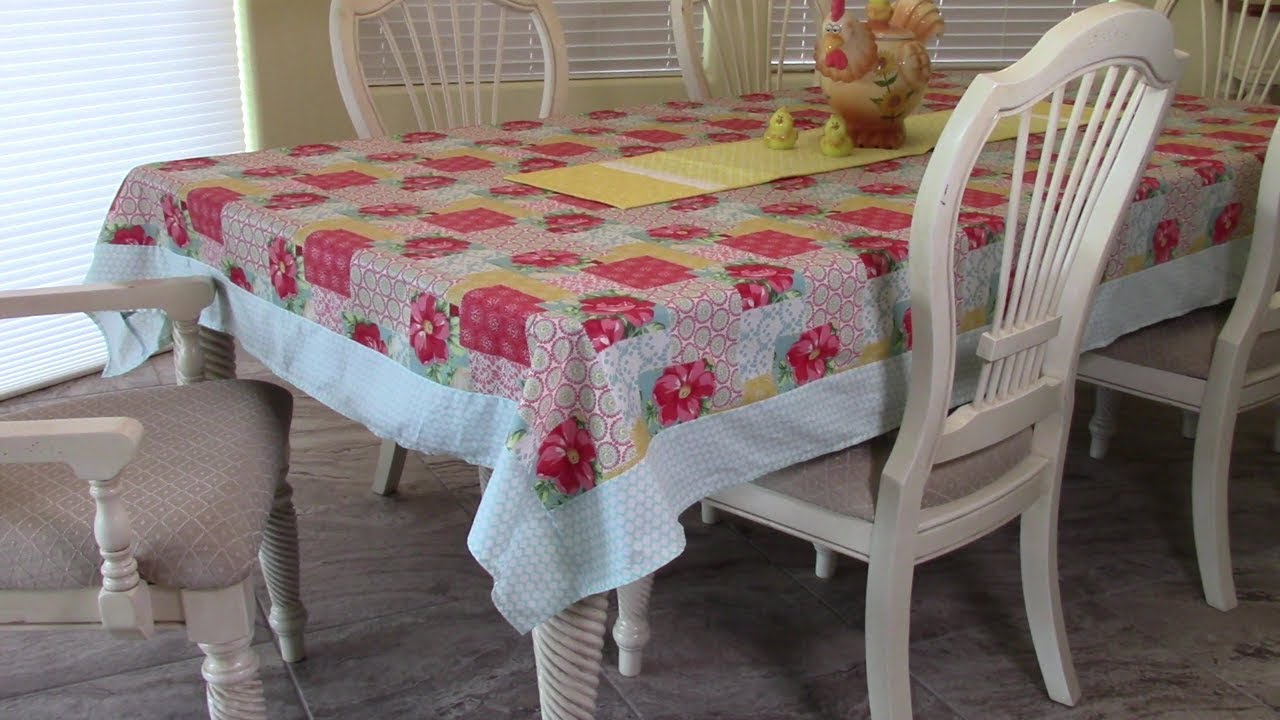

Tableware
What Fabric Is Best For A Tablecloth?
Modified: August 22, 2024
Discover the best fabric for your tablecloth and enhance your tableware with our expert guide. Choose the perfect material for durability, style, and easy maintenance.
(Many of the links in this article redirect to a specific reviewed product. Your purchase of these products through affiliate links helps to generate commission for Storables.com, at no extra cost. Learn more)
Introduction
When it comes to setting the perfect table, a beautiful tablecloth is an essential element. Not only does it protect your table from spills and stains, but it also adds style and elegance to your dining experience. However, with so many tablecloth fabrics to choose from, selecting the right one can be overwhelming.
In this article, we will explore the different factors to consider when choosing a tablecloth fabric and discuss the benefits and drawbacks of various options. Whether you’re hosting a formal dinner party or simply want to spruce up your everyday dining table, understanding the characteristics of different fabrics will help you make an informed decision.
From the luxurious texture of linen to the low-maintenance convenience of vinyl, each tablecloth fabric has its unique features and advantages. By considering factors such as durability, maintenance, aesthetics, and occasion, you can select the fabric that best suits your needs and preferences.
So, let’s dive into the wonderful world of tablecloth fabrics and discover the perfect material to elevate your table setting!
Key Takeaways:
- Elevate your table setting by choosing the perfect tablecloth fabric that aligns with your needs and preferences, whether it’s the durability of cotton, the elegance of linen, the practicality of polyester, or the sophistication of satin.
- Consider factors such as durability, maintenance, aesthetics, occasion, and climate when selecting a tablecloth fabric to create a memorable dining experience that complements your unique taste and decor.
Factors to Consider when Choosing a Tablecloth Fabric
When selecting a tablecloth fabric, there are several key factors to keep in mind. Each factor contributes to the overall look, feel, and functionality of the tablecloth. By considering these factors, you can make an informed decision and choose a fabric that meets your specific needs and preferences. Let’s explore these factors in detail:
Durability:
The durability of a tablecloth fabric is crucial, especially if you plan to use it frequently or for outdoor events. Fabrics like polyester and vinyl are known for their durability and resistance to stains, making them ideal choices for everyday use. On the other hand, delicate fabrics like silk or lace may require more care and may not be suitable for high-traffic areas.
Maintenance:
Consider how much time and effort you are willing to invest in maintaining your tablecloth. Some fabrics, like cotton and linen, are machine washable and easy to clean, while others may require special care such as dry cleaning. If you prefer a low-maintenance option, synthetic fabrics like polyester and vinyl are often the best choices.
Aesthetics:
The visual appeal of a tablecloth is crucial in enhancing your overall dining experience. Consider the style and ambiance you want to create. Fabrics like satin or silk can add a luxurious and elegant touch to formal occasions, while cotton or linen blends provide a more casual and rustic look. Additionally, the color and pattern of the fabric should complement your tableware and the overall decor of the room.
Read more: What Is An Oilcloth Tablecloth?
Occasion:
Think about the specific occasions for which you will be using the tablecloth. For formal events, such as weddings or holiday gatherings, fabrics like satin or damask lend an air of sophistication. On the other hand, for everyday use or informal gatherings, practical and easy-care fabrics like cotton or polyester blends are more suitable.
Climate:
Your climate can also influence your choice of tablecloth fabric. If you live in a hot and humid environment, breathable fabrics like cotton or linen will help keep the tablecloth cool and comfortable. Conversely, if you are in a colder climate, consider heavier fabrics like wool or polyester blends to add warmth and coziness.
By considering these factors, you can narrow down your options and choose a tablecloth fabric that aligns with your preferences and needs. Whether you prioritize durability, low maintenance, aesthetics, occasion, or climate adaptability, there is a perfect fabric out there for you. Now, let’s explore some popular tablecloth fabrics and their unique characteristics.
Cotton
Cotton is a popular choice for tablecloth fabrics due to its versatility and durability. It is a natural fiber that is known for its softness and breathability. There are several reasons why cotton is a preferred option for many:
- Durability: Cotton is a durable fabric that can withstand regular use and washing. It is resistant to tears and pilling, making it an excellent choice for both indoor and outdoor settings.
- Maintenance: Cotton tablecloths are relatively low maintenance. Most cotton tablecloths are machine washable, making it easy to remove stains or spills. However, some cotton fabrics may require ironing to eliminate wrinkles.
- Aesthetics: Cotton tablecloths come in a variety of colors, patterns, and textures, allowing you to find the perfect match for your table setting. Whether you prefer a classic solid color or a vibrant print, cotton offers a wide range of options.
- Comfort: Cotton is a breathable fabric that keeps you cool and comfortable. It absorbs moisture, which is especially useful in hot and humid climates.
- Versatility: Cotton tablecloths are suitable for both casual and formal occasions. They can be dressed up with decorative accents or kept simple for everyday use.
While cotton offers numerous benefits, it is important to note that it may wrinkle easily. Ironing or steaming the tablecloth before use can help maintain a crisp and polished appearance. Additionally, some cotton tablecloths may shrink after washing, so checking the care instructions and pre-shrinking the fabric before sewing or purchasing is recommended.
Overall, cotton tablecloths are a popular choice for their durability, easy maintenance, and aesthetic appeal. Whether you’re hosting a casual family dinner or a formal gathering, a cotton tablecloth can add a touch of warmth and style to your table setting.
Linen
Linen is a luxurious fabric that is highly regarded for its natural beauty and refined elegance. Made from the flax plant, linen has been used for centuries in tablecloths and is still a popular choice today. Here are some key characteristics of linen as a tablecloth fabric:
- Elegance: Linen exudes an air of timeless elegance and sophistication. Its naturally textured surface adds a touch of luxury to any dining experience. Whether you use linen for formal occasions or elevate your everyday table setting, it instantly elevates the ambiance.
- Durability: Linen is known for its exceptional strength and durability. It can withstand frequent use and washing without losing its shape or integrity. With proper care, linen tablecloths can last for many years, making them a worthwhile investment.
- Breathability: One of the standout features of linen is its breathability. It allows air to circulate, keeping the tablecloth cool and comfortable. This makes it an excellent choice for warm climates and outdoor dining.
- Absorbency: Linen has excellent moisture-wicking properties, absorbing moisture quickly. This makes it a practical choice for preventing watermarks and spills from reaching the table. Linen tablecloths also dry relatively quickly.
- Natural Texture: Linen has a unique textured surface that adds visual interest to your table. The natural variations in the fabric lend a sense of depth and character, enhancing the overall aesthetic of your dining experience.
While linen offers many benefits, it does require some special care. Linen tablecloths are typically hand-washed or machine-washed with gentle cycles to maintain their integrity. It is important to line dry or tumble dry on low heat to prevent excessive shrinkage.
It’s worth noting that linen tablecloths tend to wrinkle easily. Some people embrace the natural, slightly crumpled look, while others may prefer to iron the tablecloth for a smoother appearance. Alternatively, you can opt for a linen blend fabric that combines the benefits of cotton or other fibers while retaining the aesthetic appeal of linen.
In summary, linen tablecloths are a luxurious and timeless choice that adds elegance to any dining occasion. Its durability, breathability, and natural texture make it a favorite among those seeking a sophisticated and refined table setting.
Read more: What Is A PEVA Tablecloth?
Polyester
Polyester is a synthetic fabric that has gained popularity as a tablecloth material due to its practicality, affordability, and wide range of options. Here are some key features of polyester as a tablecloth fabric:
- Durability: Polyester is known for its exceptional durability. It is resistant to wrinkles, shrinking, fading, and pilling, making it a reliable choice for frequent use and high-traffic areas. Polyester tablecloths can withstand spills and stains, making them suitable for both indoor and outdoor gatherings.
- Low Maintenance: Polyester is incredibly easy to care for. It is machine washable and dries quickly, requiring minimal ironing or steaming. This makes it a convenient option for those looking for a fuss-free tablecloth.
- Versatility: Polyester tablecloths come in a wide range of colors, patterns, and finishes. Whether you prefer a simple solid color or a bold and vibrant print, polyester offers a variety of options to suit any occasion and decor style.
- Budget-Friendly: Polyester is an affordable fabric compared to natural fibers like cotton or linen. If you are looking for a cost-effective tablecloth option without compromising on quality, polyester is an excellent choice.
- Wrinkle-Resistance: Polyester is resistant to wrinkles, making it convenient for those who prefer a tablecloth that requires minimal ironing or steaming. It stays crisp and smooth, even after being folded or stored for an extended period.
Although polyester offers numerous benefits, it is important to note that it is a synthetic fabric and may not have the same luxurious feel as natural fibers. Some people may prefer the look and texture of natural fabrics like cotton or linen. Additionally, polyester tablecloths may not have the same breathability as natural fabrics, which may be a consideration for those in hot and humid climates.
Overall, polyester tablecloths offer a practical and budget-friendly option for everyday use or special occasions. Their durability, low maintenance, and versatility make them a popular choice among individuals looking for a reliable and easy-to-care-for tablecloth.
Satin
Satin is a luxurious and lustrous fabric that is often associated with elegance and formal occasions. It is a popular choice for tablecloths when you want to create a sophisticated and glamorous table setting. Here are some key characteristics of satin as a tablecloth fabric:
- Elegance: Satin exudes a sense of opulence and luxury. Its smooth and shiny surface instantly elevates the look and feel of any table setting. Satin tablecloths are commonly used for formal events such as weddings, galas, and upscale dinner parties.
- Visual Appeal: Satin tablecloths come in a variety of rich and vibrant colors. The lustrous finish adds a touch of glamour and enhances the overall aesthetic of the table. Whether you choose a classic solid color or a bold and elaborate pattern, satin is sure to catch the eye.
- Softness: Satin has a smooth and silky texture that feels luxurious to the touch. It adds a sense of comfort and elegance to your dining experience, making it a delightful choice for special occasions.
- Reflectivity: The reflective properties of satin create a beautiful and captivating visual effect. It can enhance the appearance of your tableware and decor, adding a touch of elegance and sophistication to the overall ambiance.
- Special Occasions: Satin tablecloths are commonly used for formal events and special occasions. They have a regal and refined appeal that sets the stage for memorable gatherings. Satin is often associated with celebrations and adds an extra level of elegance to the table.
While satin offers a stunning aesthetic, it is important to consider a few factors before choosing it as your tablecloth fabric. Firstly, satin can be more delicate than other fabrics, and it may require special care. It is generally recommended to hand wash satin tablecloths or use a delicate cycle on a washing machine. Secondly, satin tends to be more prone to wrinkles, so careful storage and handling are necessary to maintain its smooth appearance.
In summary, satin tablecloths are a top choice for formal occasions and those seeking a sumptuous and glamorous table setting. Their elegance, visual appeal, and softness make them a favorite among individuals looking to create a memorable dining experience full of style and luxury.
Vinyl
Vinyl is a synthetic material that has gained popularity as a tablecloth fabric due to its practicality and durability. It is a versatile option that offers several advantages for both indoor and outdoor use. Here are some key features of vinyl as a tablecloth fabric:
- Durability: Vinyl is highly durable and resistant to stains, spills, and scratches. It provides excellent protection for your table, making it a popular choice for families with young children or for outdoor events where accidents are more likely to occur.
- Easy Maintenance: Vinyl tablecloths are incredibly easy to clean and maintain. Most spills and stains can be wiped away with a damp cloth. If necessary, a gentle cleanser can be used for tougher stains. Vinyl is also waterproof, ensuring that liquids do not seep through to the table.
- Wide Variety: Vinyl tablecloths are available in a wide variety of patterns, colors, and designs. Whether you prefer a simple solid color or a vibrant print, there is a vinyl tablecloth to suit every style and occasion. It allows you to easily change up the look of your table setting without breaking the bank.
- Affordability: Vinyl tablecloths are generally more affordable compared to natural fabric options. It offers an economical choice for those on a budget or for large gatherings where multiple tablecloths are needed.
- Outdoor Use: Vinyl is an excellent choice for outdoor dining or events. It is resistant to fading from sunlight exposure and can withstand various weather conditions. Vinyl tablecloths are easy to clean after outdoor use, allowing you to enjoy your time without worrying about stains or damage.
Despite its numerous advantages, it is important to note that vinyl has a different feel and texture compared to natural fabrics. Some people may prefer the softness and drape of natural fibers, but vinyl provides its own unique benefits in terms of durability and ease of maintenance.
In summary, vinyl tablecloths offer practicality, durability, and easy maintenance. Whether you need a tablecloth for everyday use, family gatherings, or outdoor events, vinyl provides a cost-effective and convenient solution while still offering a wide range of design options to suit your style.
When choosing a fabric for a tablecloth, consider the durability and ease of cleaning. Fabrics like cotton, linen, and polyester blends are good options as they are easy to maintain and can withstand regular use.
Conclusion
Choosing the right tablecloth fabric is essential to create the perfect table setting for any occasion. Each fabric has its own unique characteristics, benefits, and considerations. During the selection process, factors such as durability, maintenance, aesthetics, occasion, and climate should be taken into account.
For those seeking a versatile and low-maintenance option, cotton is an excellent choice. Its durability, ease of washing, and wide range of colors and patterns make it suitable for everyday use. Linen, on the other hand, offers a luxurious and refined look, making it ideal for formal settings.
If budget-friendliness and practicality are key, polyester and vinyl are reliable options. Polyester offers durability, wrinkle-resistance, and a wide variety of designs, while vinyl excels in its waterproof and easy-to-clean properties, making it suitable for outdoor use.
For those desiring an elegant and sophisticated table setting, satin is the fabric of choice. Its lustrous appearance and soft texture add a touch of luxury to any special occasion or formal event.
Ultimately, the best tablecloth fabric for you will depend on your individual preferences, needs, and the specific occasion. Whether you prioritize durability, easy maintenance, elegance, or affordability, there is a fabric that will meet your requirements.
By considering the factors discussed in this article and understanding the characteristics of different tablecloth fabrics, you can confidently select the perfect fabric that enhances your table setting and creates a memorable dining experience.
So go ahead, choose the fabric that speaks to your style and preference, and elevate your table with a beautiful tablecloth that complements your unique taste and decor.
Frequently Asked Questions about What Fabric Is Best For A Tablecloth?
Was this page helpful?
At Storables.com, we guarantee accurate and reliable information. Our content, validated by Expert Board Contributors, is crafted following stringent Editorial Policies. We're committed to providing you with well-researched, expert-backed insights for all your informational needs.
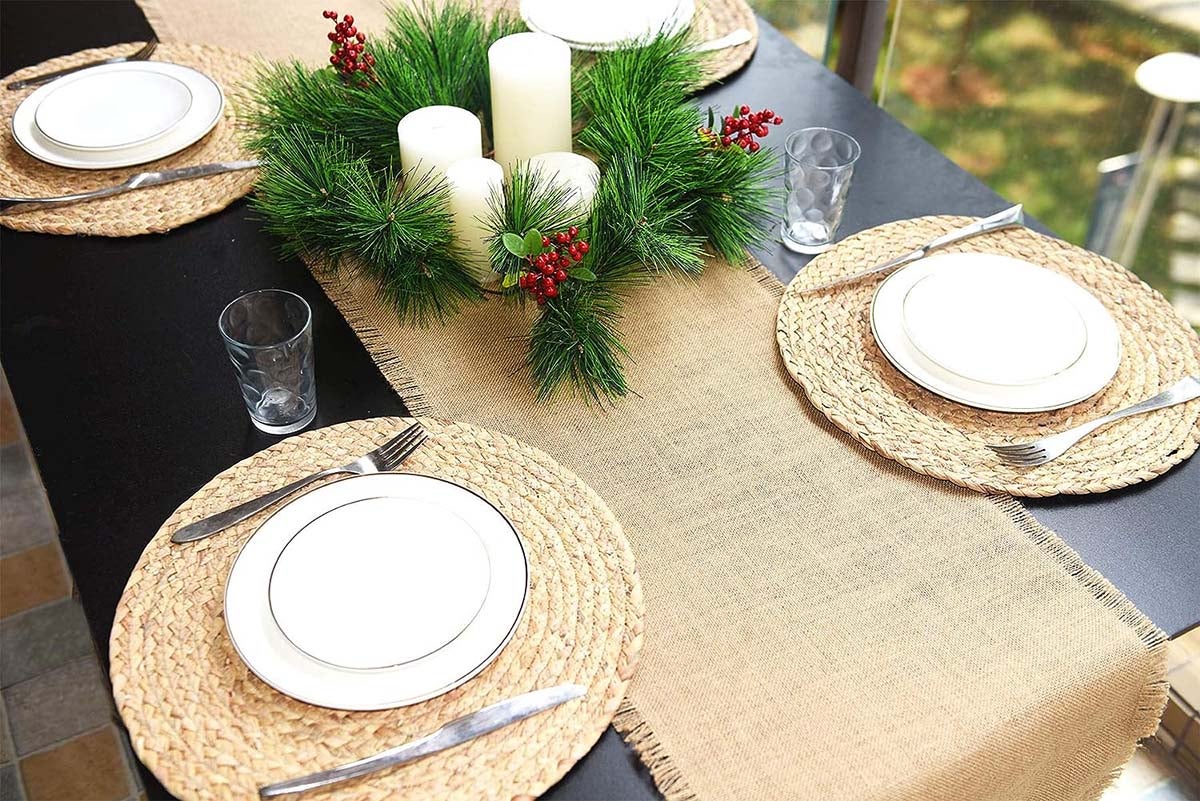
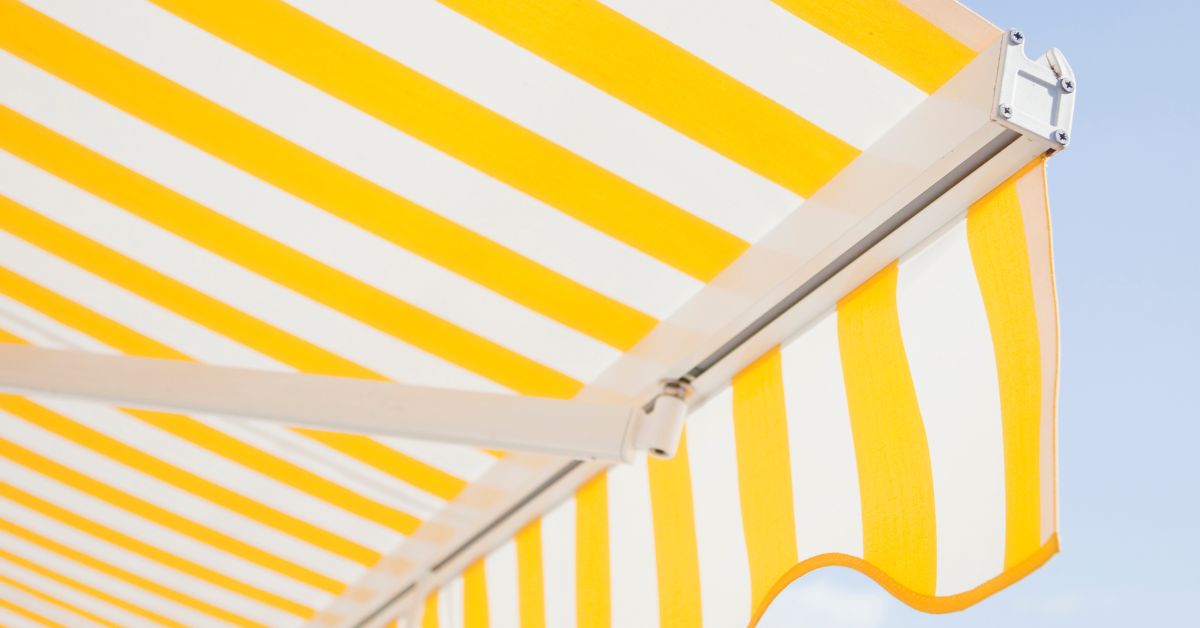
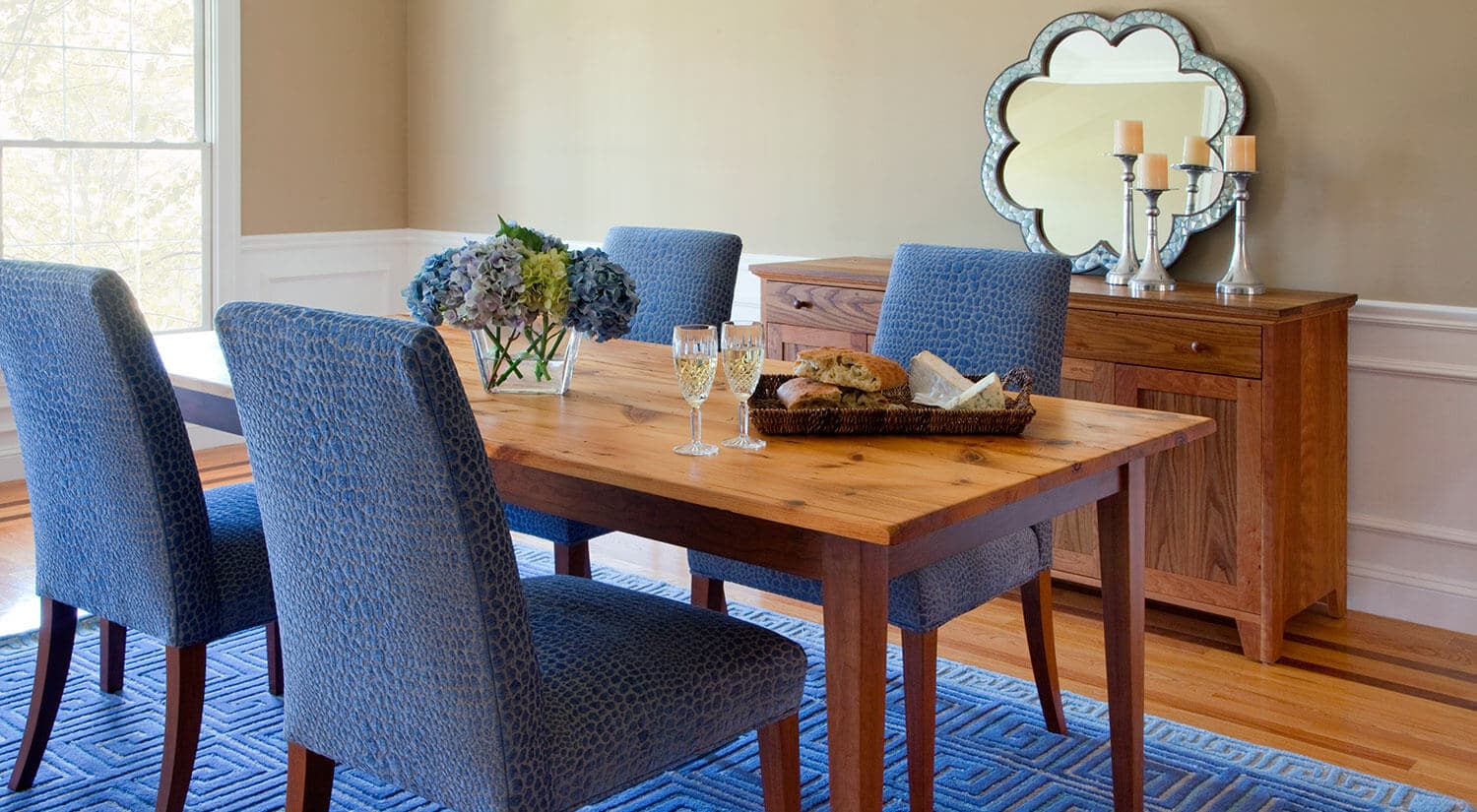
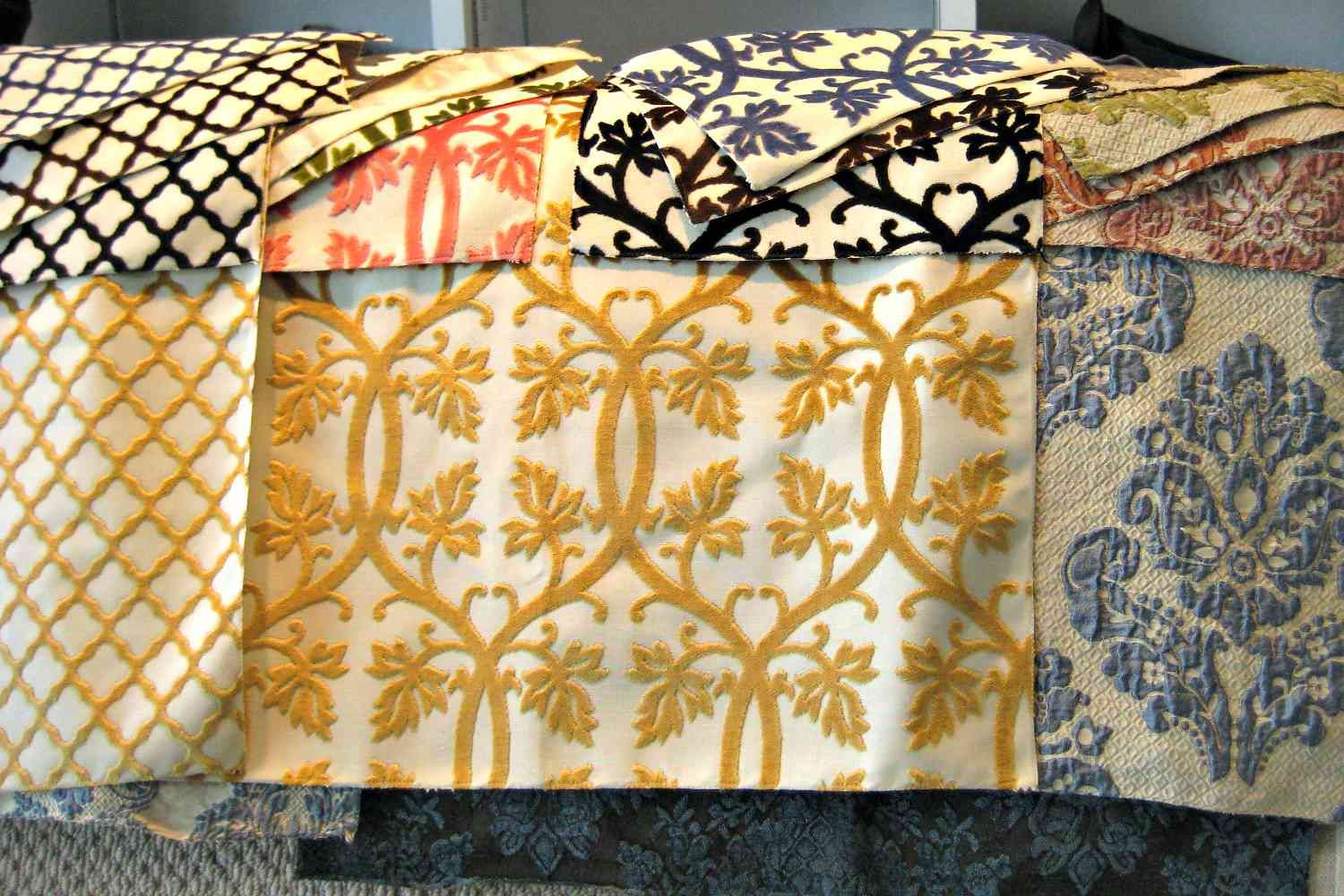
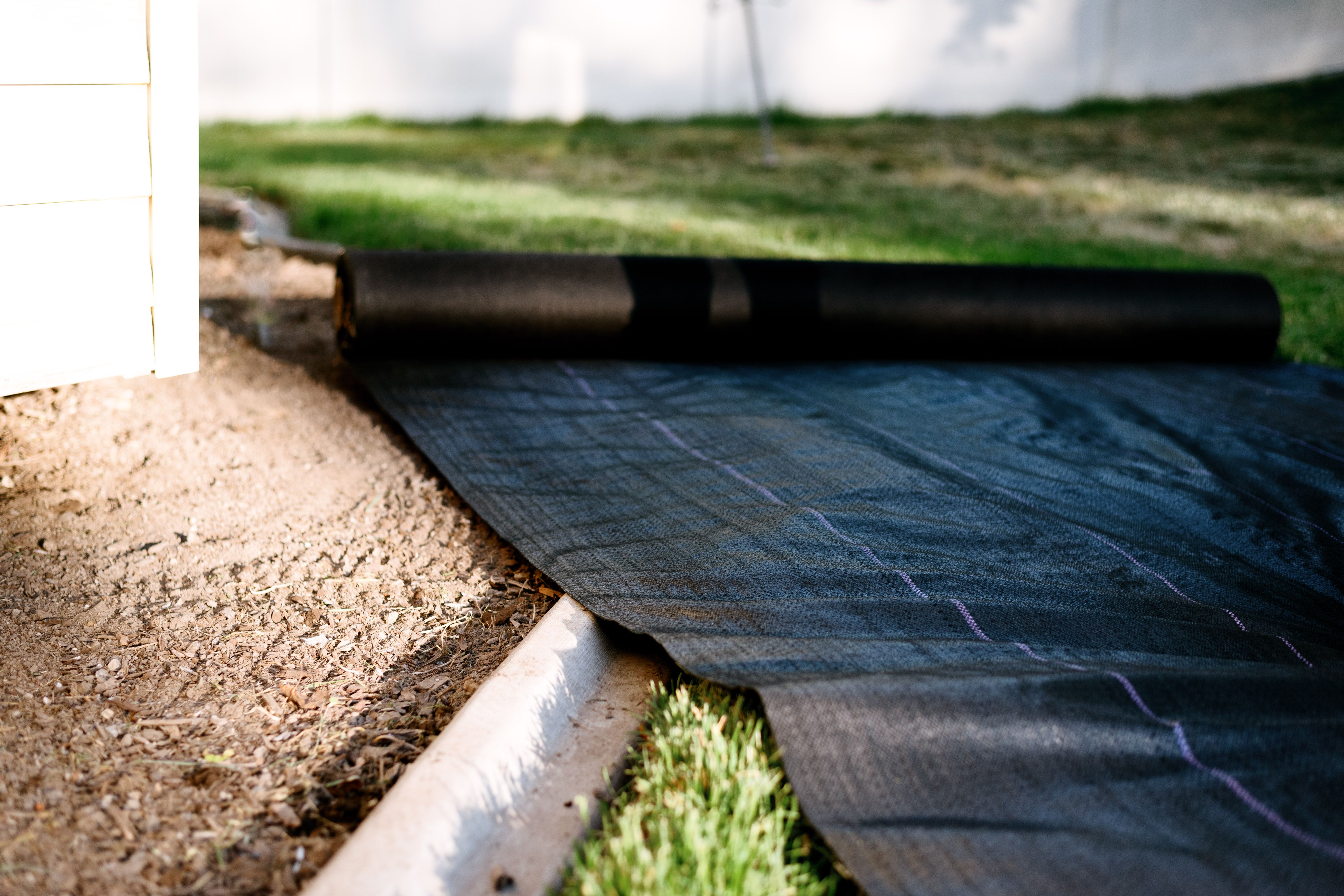
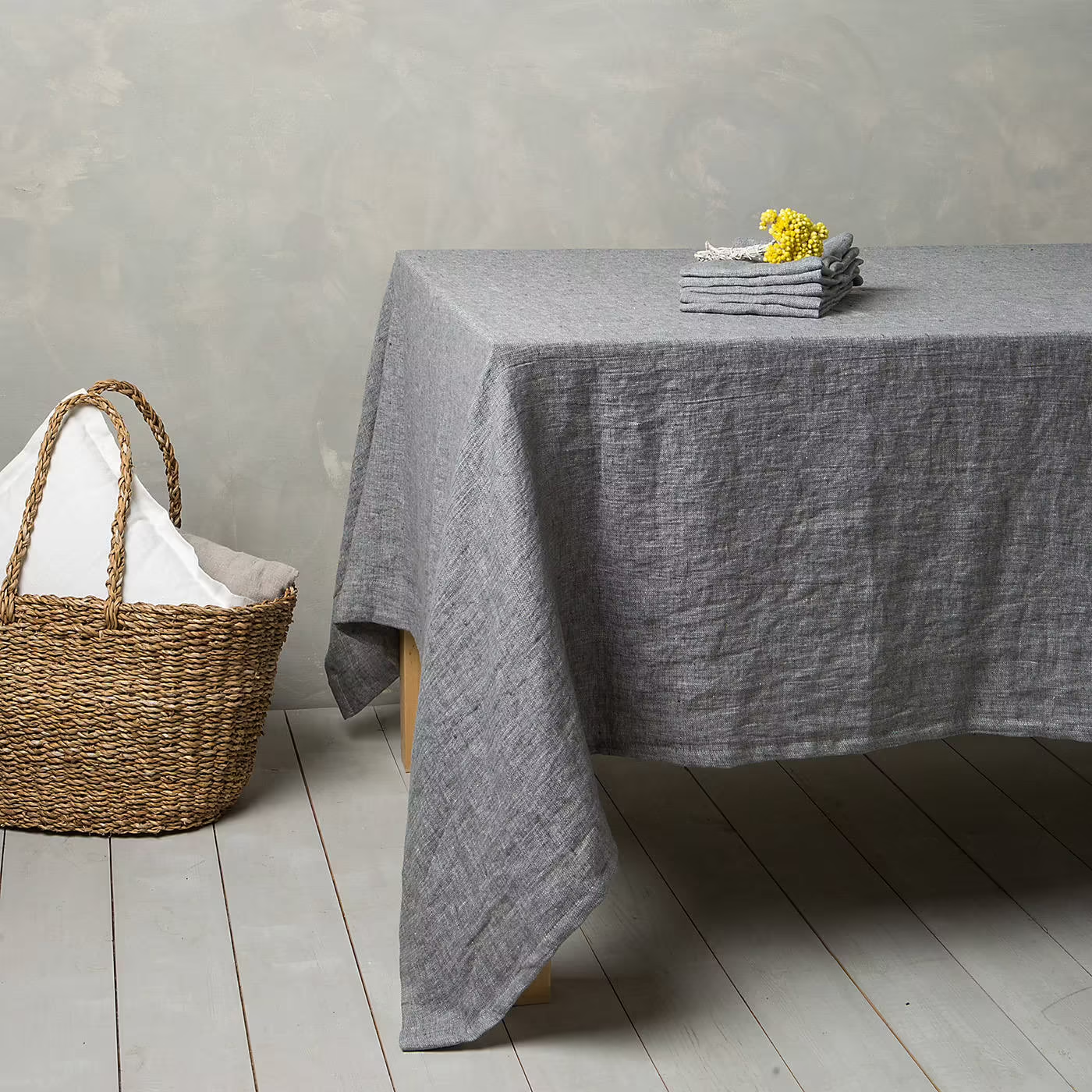
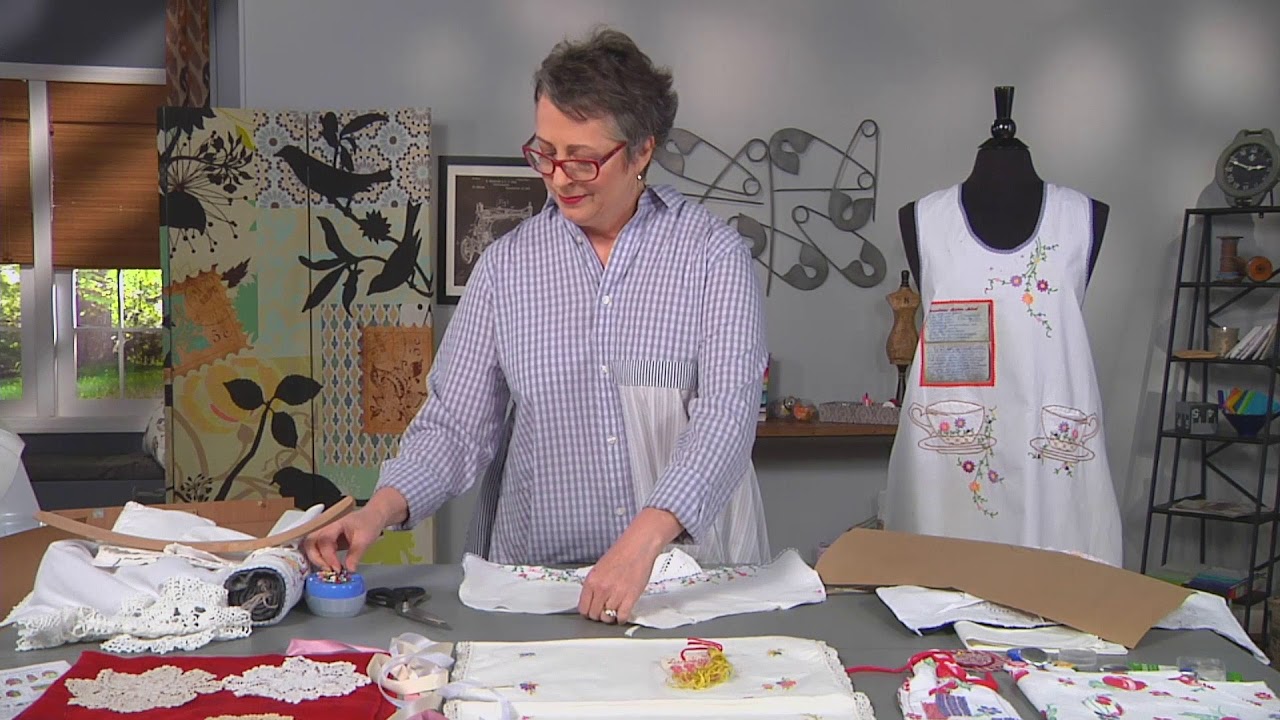
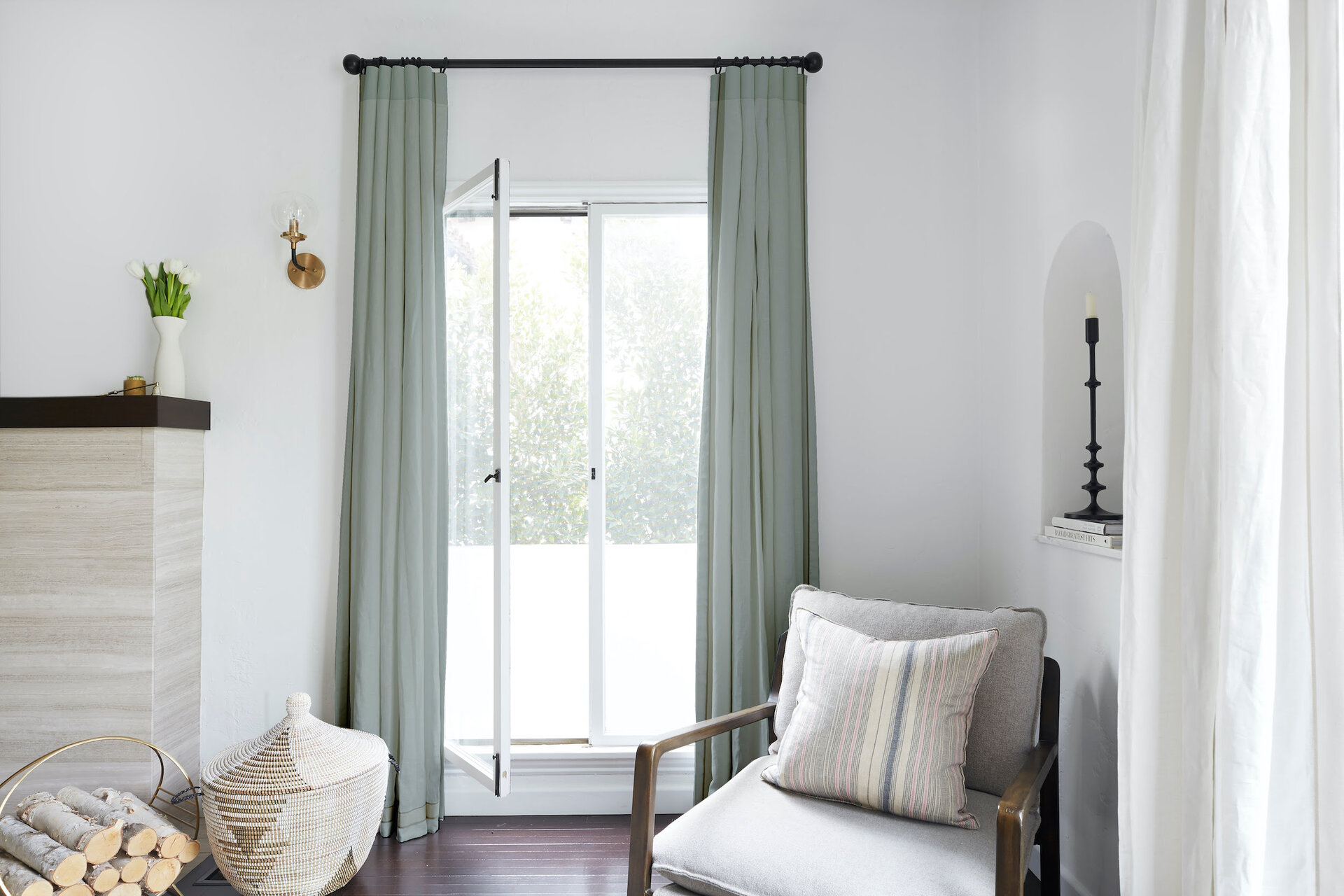
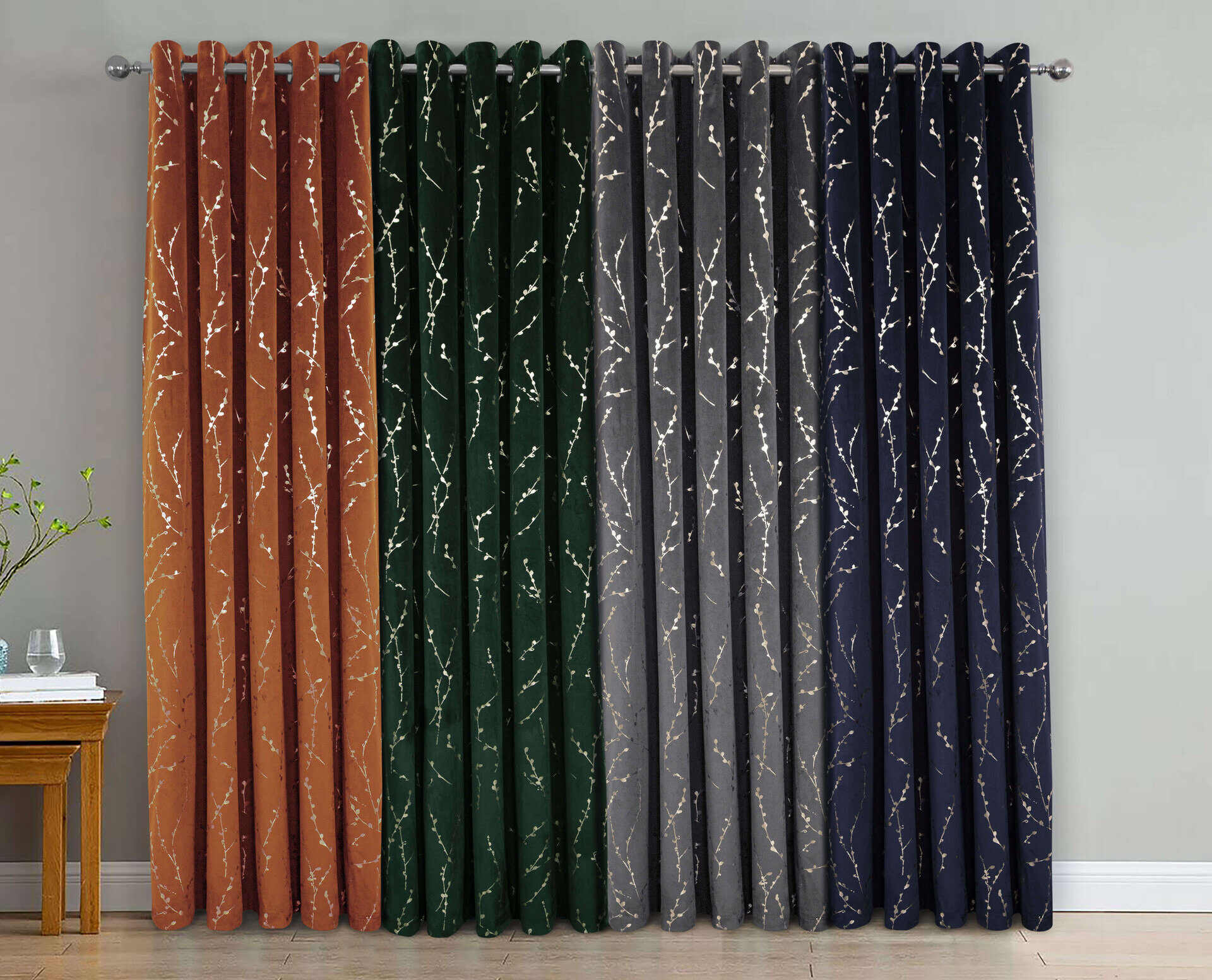
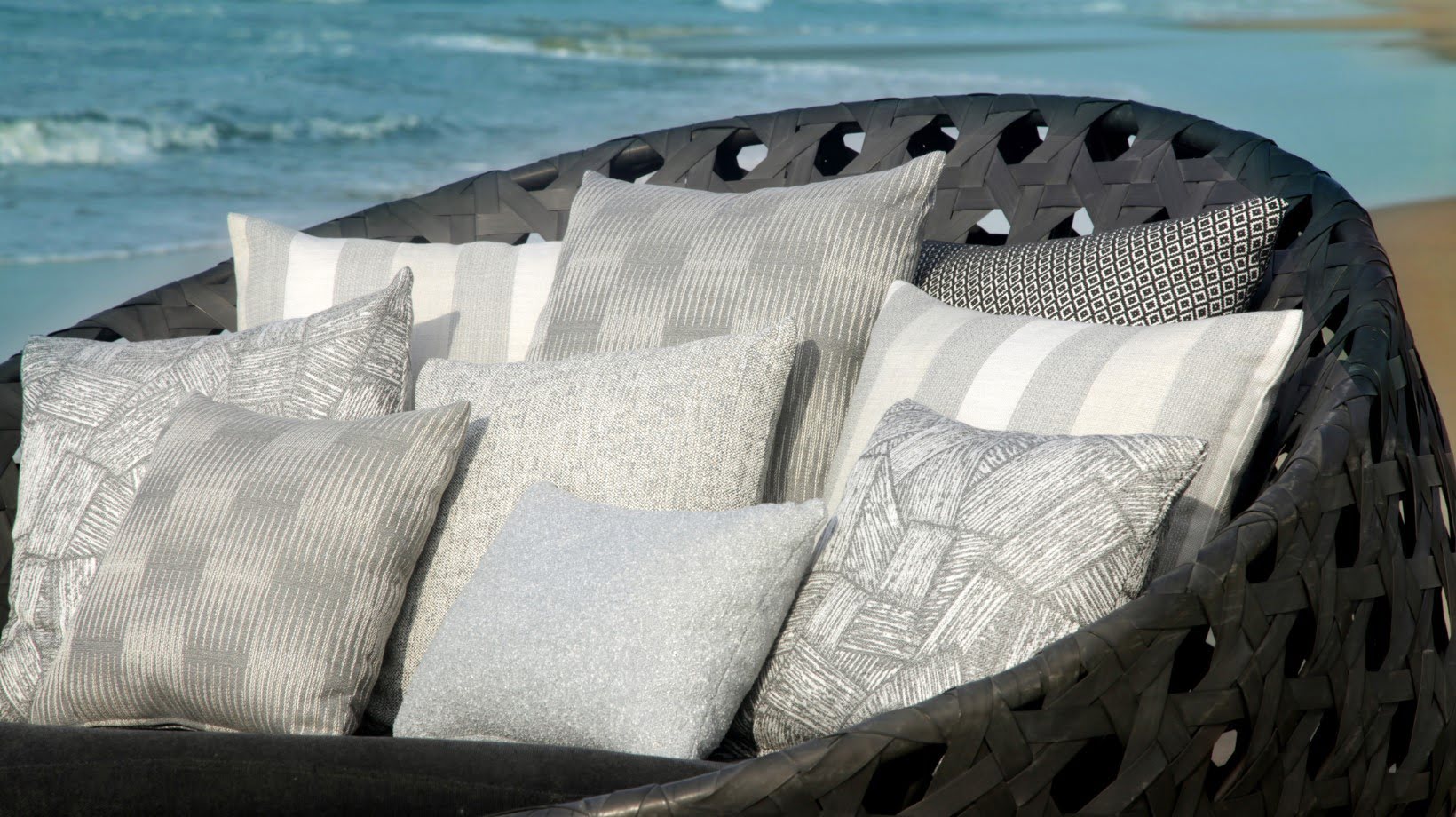
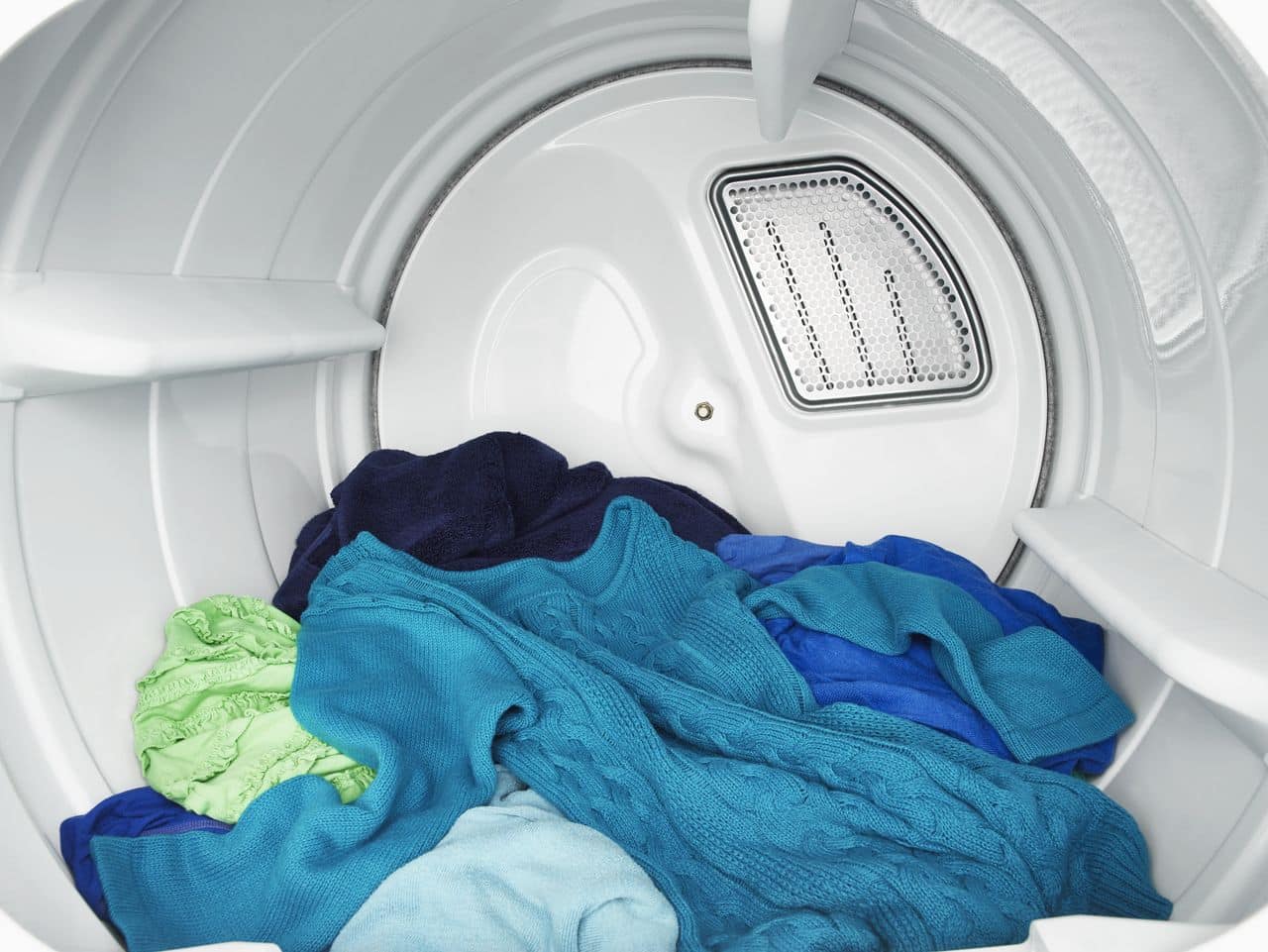
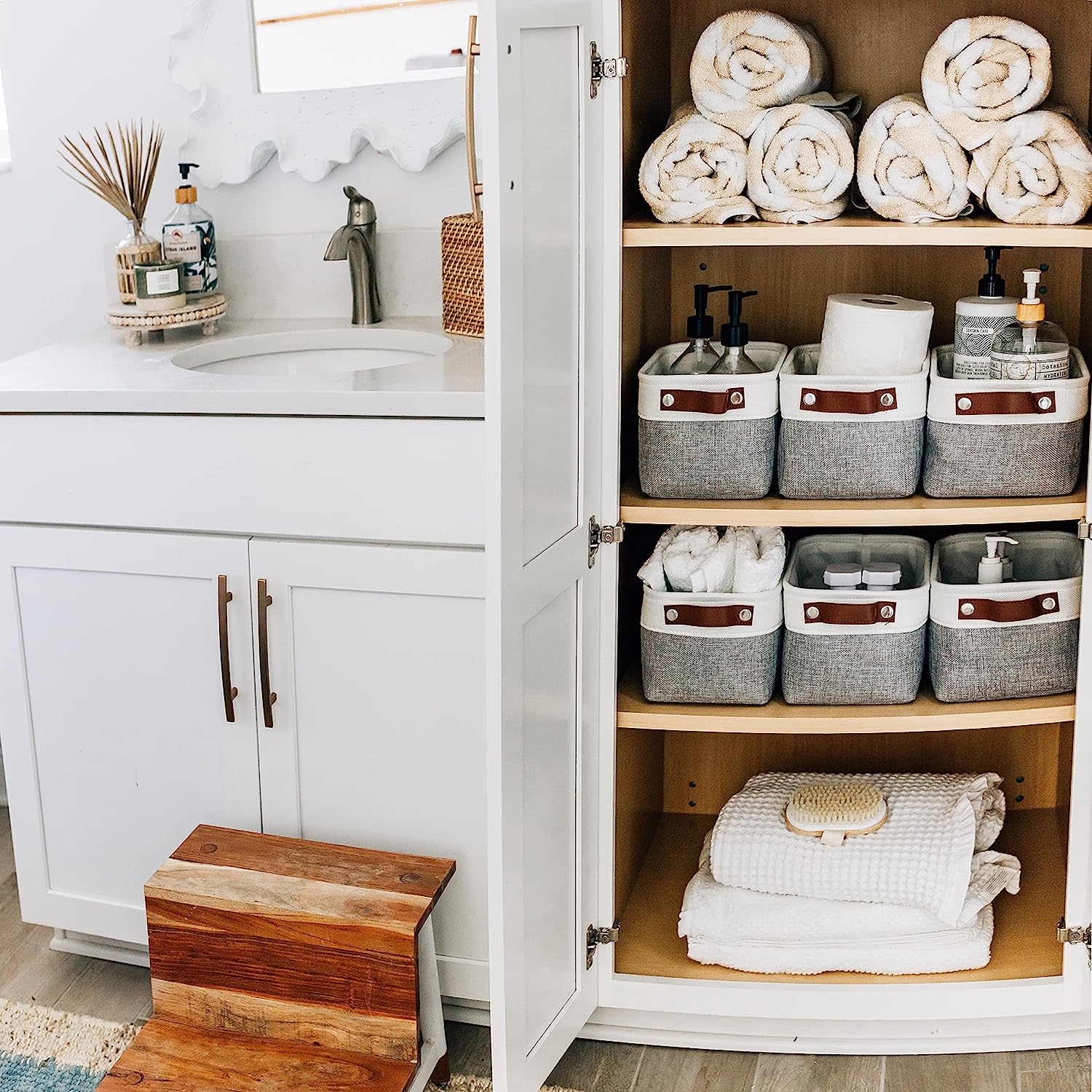
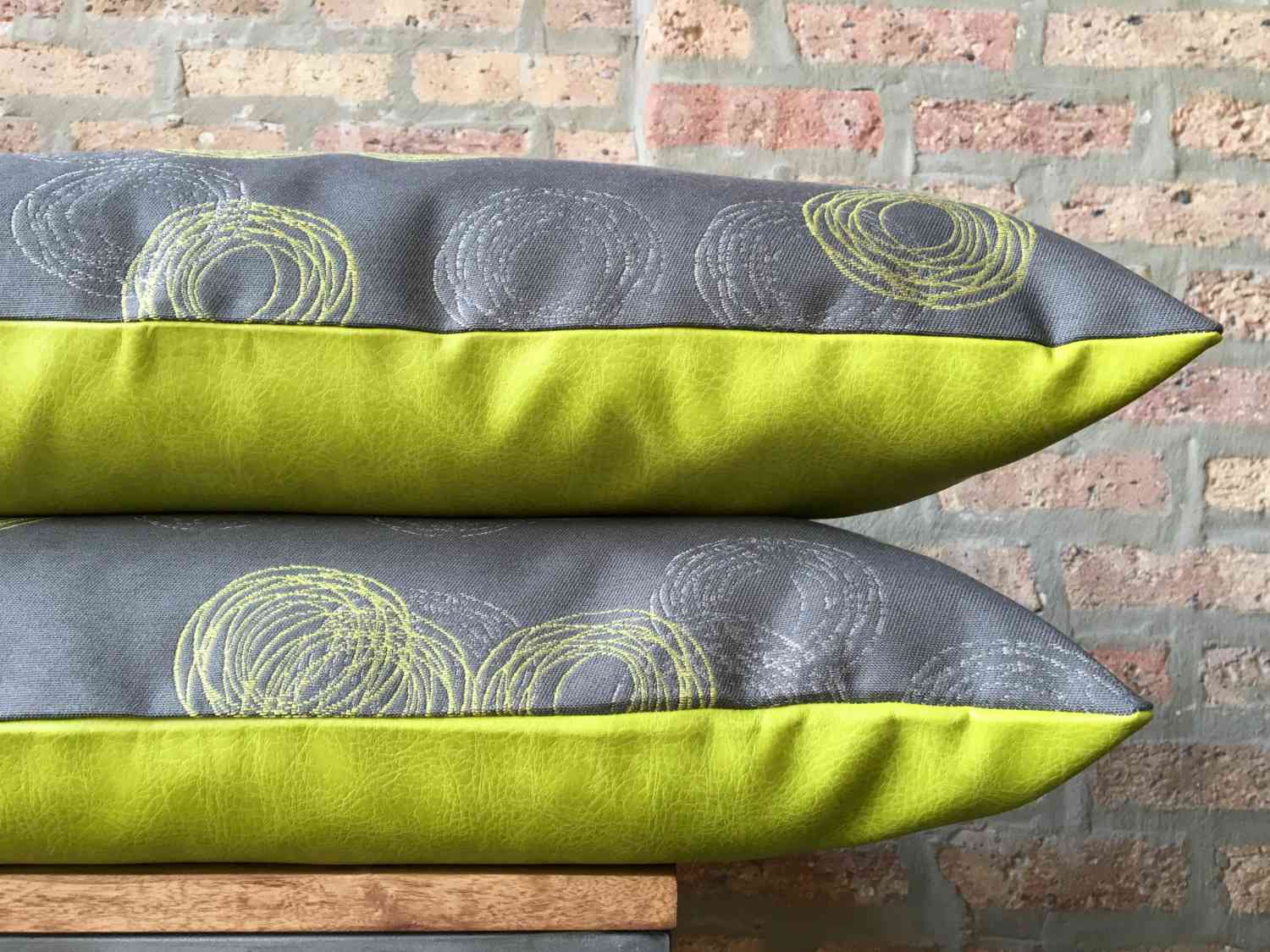

0 thoughts on “What Fabric Is Best For A Tablecloth?”